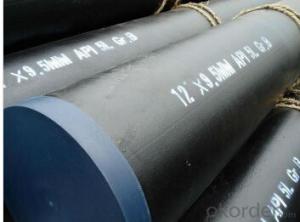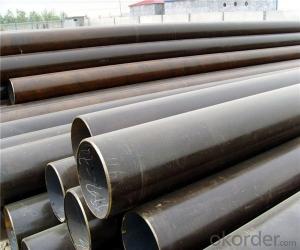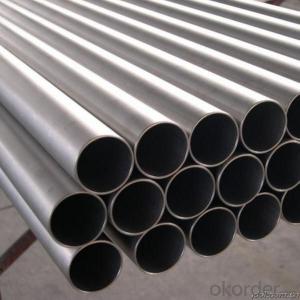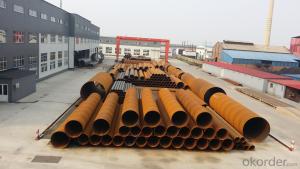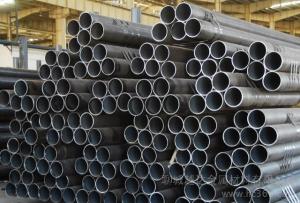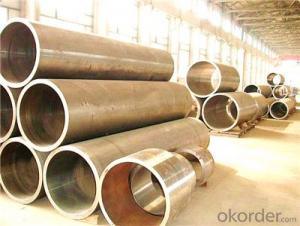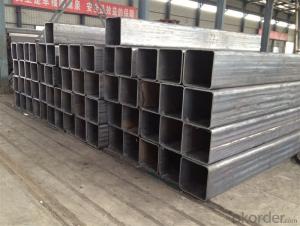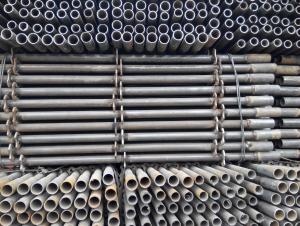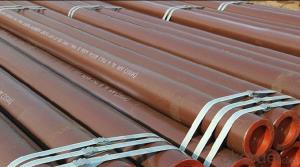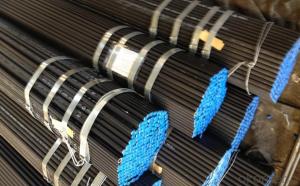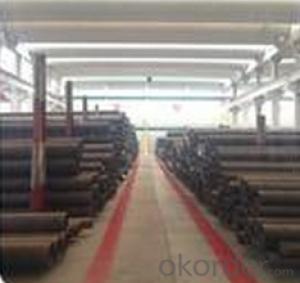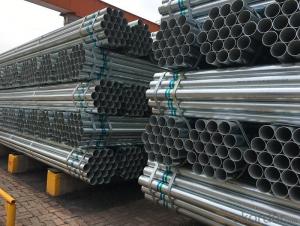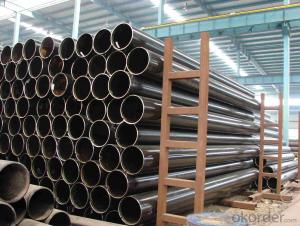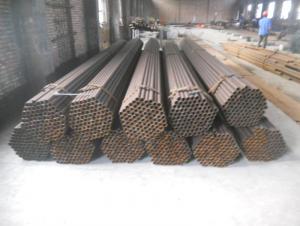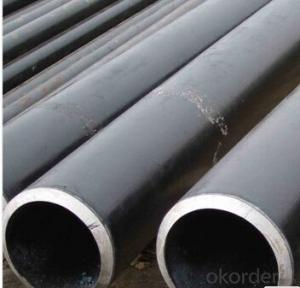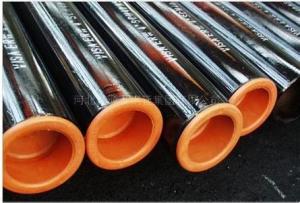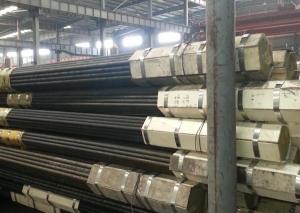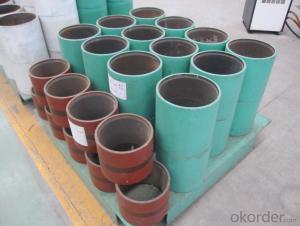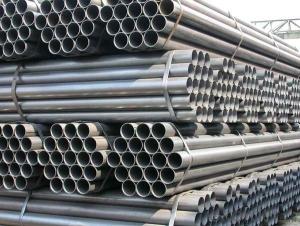All Categories
- - Steel Wire Rod
- - Steel Coils
- - Steel Profiles
- - Steel Pipes
- - Stainless Steel
- - Tinplate
- - Special Steel
- - Steel Sheets
- - Steel Rebars
- - Steel Strips
- - Hot Rolled Steel
- - Cold Rolled Steel
- - Pre-painted Steel
- - Seamless Steel Pipe
- - Welded Steel Pipe
- - Hollow Steel Tubes
- - Galvanized Pipe
- - Stainless Steel Coil
- - Stainless Steel Sheet
- - Stainless Steel Plate
- - Stainless Steel Strips
- - Electrolytic Tinplate Coil
- - Electrolytic Tinplate Sheet
- - Stainless Steel Rebars
- - Solar Panels
- - Solar Water Heater
- - Solar Related Products
- - Solar Inverter
- - Solar Cells
- - Solar Light
- - Solar Energy Systems
- - Solar Controllers
- - Solar Mounting System
- - Solar Pump
- - Solar Chargers
- - Fiberglass Chopped Strand
- - Fiberglass Mesh Cloth
- - Composite Pipes
- - FRP Pultrusion Profiles
- - Fiberglass Mat Tissue
- - Fiberglass Fabrics
- - Fiberglass Mesh
- - Composite Tank
- - Fiberglass Mesh tape
- - Polymer
- - FRP Roofing Panel
- - Fiberglass Roving
- - Monolithic Refractories
- - Ceramic Fiber Products
- - Refractory Bricks
- - Raw Materials For Refractory
- - Suspended Platform
- - Cranes
- - Concrete Machinery
- - Earthmoving Machinery
- - Building Hoist
- - Road Building Machinery
- - Plastic Pipe Fittings
- - Plastic Tubes
- - Plastic Sheets
- - Agricultural Plastic Products
- - Plastic Nets
 All Categories
All Categories
Q & A
How are steel pipes employed in the agriculture sector for irrigation and crop spraying systems?
Steel pipes are commonly used in the agriculture sector for irrigation and crop spraying systems due to their durability and strength. These pipes are employed as conduits to transport water and fertilizers efficiently across the fields, ensuring optimal irrigation for crops. Additionally, steel pipes are resistant to corrosion, making them ideal for handling chemicals used in crop spraying systems. Their versatility and reliability make steel pipes a popular choice for farmers to enhance irrigation and crop spraying practices in the agriculture sector.
What is the role of steel pipes in the development of geothermal energy projects?
Steel pipes play a crucial role in the development of geothermal energy projects as they are used for drilling deep into the earth's crust to access hot water or steam reservoirs. These pipes are essential for extracting the geothermal fluids and transporting them to the surface for utilization in power generation or direct heating applications. Moreover, steel pipes are also used in the construction of geothermal power plants, where they are employed for the transportation of steam or hot water from the reservoir to the turbines, ensuring a reliable and efficient energy production process.
What is the impact of internal scaling on the flow efficiency of steel pipes in plumbing systems?
Internal scaling in steel pipes refers to the buildup of mineral deposits on the inner surface of the pipes over time. This scaling can significantly impact the flow efficiency of the plumbing system. As the mineral deposits accumulate, they narrow the diameter of the pipe, leading to reduced water flow and increased pressure drops. This can result in decreased overall efficiency and performance of the plumbing system. Additionally, scaling can also lead to corrosion and pipe blockages, further affecting the flow efficiency. Regular maintenance and cleaning are essential to mitigate the impact of internal scaling and ensure optimal flow efficiency in steel pipe plumbing systems.
How do you calculate the flow rate in a steel pipe system?
To calculate the flow rate in a steel pipe system, you can use the equation Q = A × V, where Q represents the flow rate, A represents the cross-sectional area of the pipe, and V represents the velocity of the fluid flowing through the pipe.
Wholesale Steel Pipes from supplier in Montenegro
Our team is well-equipped to handle all your Steel Pipes requirements in Montenegro. We offer a wide range of Steel Pipes products, including seamless pipes, welded pipes, galvanized pipes, and more. Our products are manufactured to meet international standards and are known for their durability and reliability.
As a subsidiary of CNBM, we have access to a vast network of suppliers and manufacturers, allowing us to source high-quality Steel Pipes at competitive prices. Our procurement services ensure timely delivery and cost-effective solutions for your projects.
Our sales team is experienced and knowledgeable, and they can assist you in selecting the right Steel Pipes products for your specific needs. They will provide you with detailed quotes and technical support, helping you make informed decisions.
We understand the unique requirements of the Montenegrin market and have established strong relationships with local customers and suppliers. This experience gives us a deep understanding of the industry and allows us to provide tailored solutions for your projects.
Whether you are in need of Steel Pipes for construction, infrastructure, or industrial applications, we have the expertise to meet your requirements. Our commitment to quality and customer satisfaction sets us apart as a reliable supplier in Montenegro.
Contact us today to discuss your Steel Pipes needs and let us provide you with the best solutions for your projects in Montenegro.
As a subsidiary of CNBM, we have access to a vast network of suppliers and manufacturers, allowing us to source high-quality Steel Pipes at competitive prices. Our procurement services ensure timely delivery and cost-effective solutions for your projects.
Our sales team is experienced and knowledgeable, and they can assist you in selecting the right Steel Pipes products for your specific needs. They will provide you with detailed quotes and technical support, helping you make informed decisions.
We understand the unique requirements of the Montenegrin market and have established strong relationships with local customers and suppliers. This experience gives us a deep understanding of the industry and allows us to provide tailored solutions for your projects.
Whether you are in need of Steel Pipes for construction, infrastructure, or industrial applications, we have the expertise to meet your requirements. Our commitment to quality and customer satisfaction sets us apart as a reliable supplier in Montenegro.
Contact us today to discuss your Steel Pipes needs and let us provide you with the best solutions for your projects in Montenegro.
